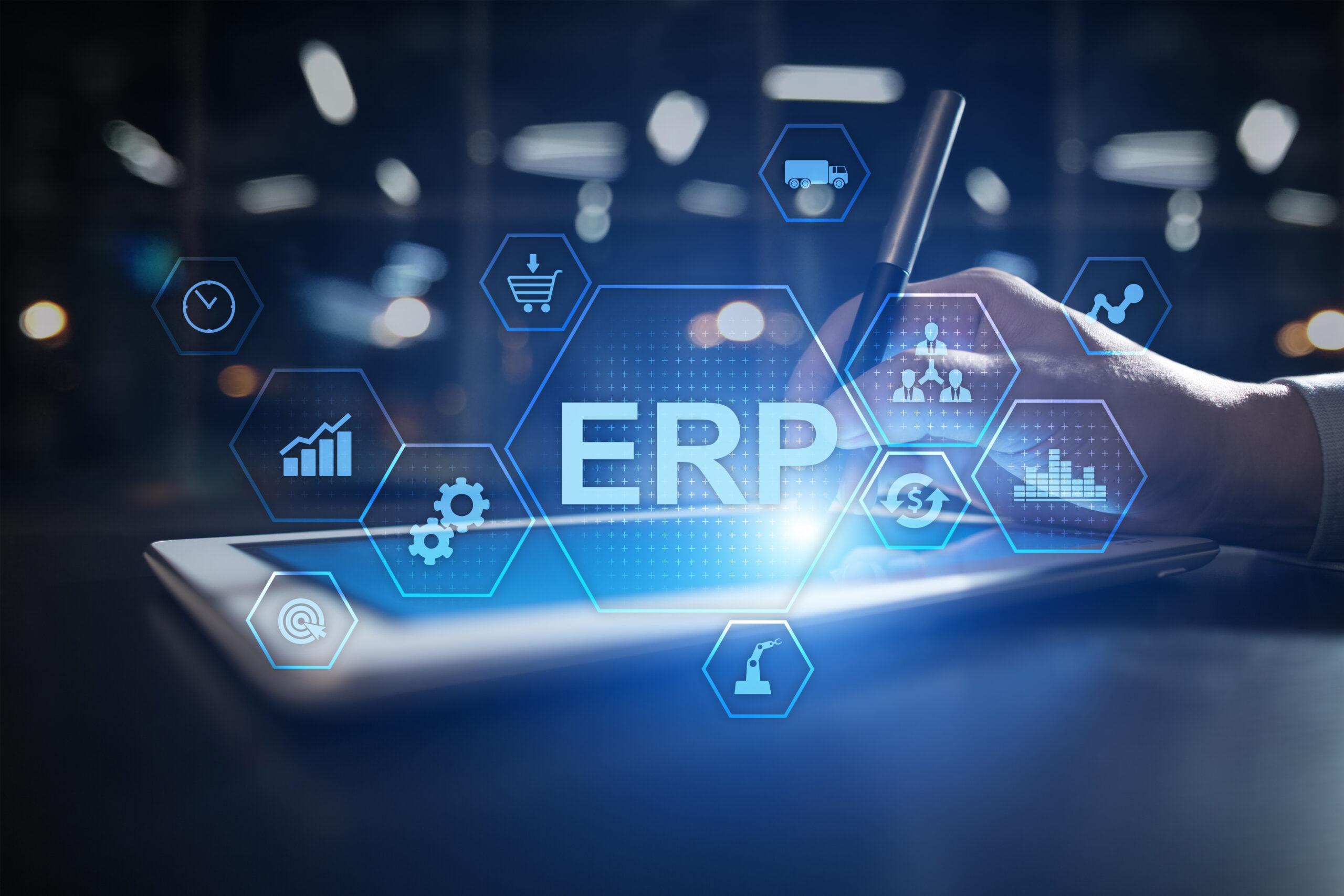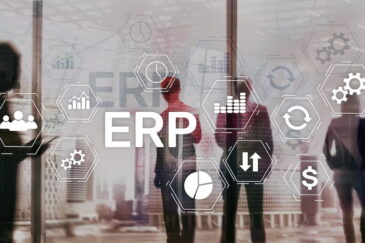Common ERP System Integration Challenges and Benefits

- March 4, 2022
- Jhansi Rani
- 0
Support for Multiple ERP Systems
Batch Integration vs. Real-Time Integration
Business process integration for ERP systems has traditionally been batch integration, which worked well when the transactions were mainly inbound integrations. However, there is an increasing need to also provide outbound data from one ERP to other enterprise systems. Often, these systems require real-time information which can’t be delivered using traditional ERP system integration and requires a comprehensive integration plan and roadmap.
New Integration Protocols
Benefits of ERP System Integration
ERP system integration helps companies take maximum advantage of their data and deliver the best customer experiences. Here are a few key benefits that companies gain from effective ERP system implementation and integration.
Increase Efficiencies
It can slow down many business processes because data is scattered across multiple repositories. By automating the processes needed to pull data together from different systems, businesses can reduce unnecessary bottlenecks in their mission-critical processes and reduce process delays in almost every function from finance, HR, and supply chain to sales and marketing. Access to all your business information in a single interface improves your visibility, resulting in greater efficiencies and faster decision-making.
Improve Customer Experience
ERP system integration connects your business data and provides intelligent insights into your customer’s needs. Businesses can access all their data from the back office, create tailored offerings for their customers and personalize their experience. Effective integration can help you seamlessly combine ERP data with other on-premise, cloud, or third-party sources to build a single, comprehensive view of your customer. You can run analytics effectively to develop personalized offers and communication in your future interactions.
Eliminate Data Silos

Services
Products
Company
Copyright © 2025 Rite Software Solutions & Services LLC. All rights reserved.



